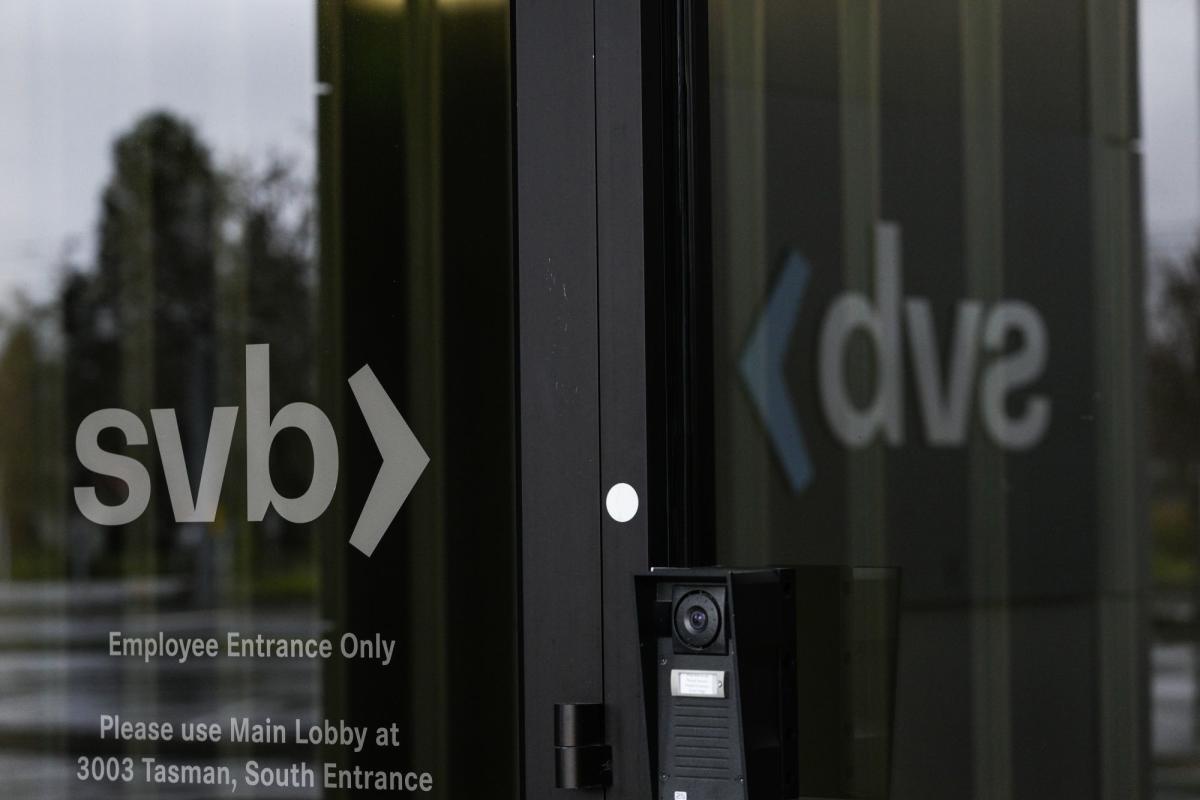- The US governing administration shut down Signature Lender on Sunday.
- On Friday, regulators shut Silicon Valley Bank, sparking stress among the startups and VCs.
- The two banking companies experienced a large volume of client deposits that ended up not insured by the FDIC. There are others.
A second bank was shut down by the US governing administration on Sunday. This time it was Signature Bank.
What does this fiscal institution have in typical with Silicon Valley Lender? They both experienced massive quantities of consumer deposits that were not insured by the FDIC.
The FDIC insures US bank deposits up to $250,000 for each account to avert bank operates and failures. The demise of SVB, and now the collapse of Signature Bank, have stretched this process to a breaking stage.
On Sunday, the US Treasury, Federal Reserve, and FDIC reported in a joint assertion that all depositors of SVB will be built whole on Monday. The authorities are totally ignoring the $250,000 insurance plan limit. SVB had $173 billion in whole deposits and about 88% of that was not covered.
That is far more than $150 billion in excess deposits that the FDIC has abruptly resolved to insure.
The authorities are supplying the same special exemption to Signature Bank, so all depositors will be manufactured full there way too. Signature had $89 billion in complete deposits, and 90% of those had been not insured by the FDIC. Which is an additional $79 billion that this company is having on its shoulders.
“By insuring all deposits at SVB and Signature, regulators judged the chance of cascading outcomes to other regional banks and the broader economic climate to be far more major than the moral hazard of expanding FDIC boundaries,” reported Rich Falk-Wallace, CEO of information analytics firm Arcana and a former portfolio supervisor at hedge fund Citadel.
In the scenario of SVB and Signature, the high percentage of uninsured deposits is partly a operate of obtaining a relatively modest amount of clientele with large balances. At SVB, for case in point, Roku discovered it experienced almost $500 million in deposits at the financial institution, extending significantly over and above the $250,000 warranty. Banking companies with a much better quantity of retail buyers meanwhile would normally have a substantially reduce typical balance and a considerably better proportion of insured deposits.
Insider analyzed the regulatory filings of 15 main US banking companies to see how numerous uninsured deposits were being out there at the stop of 2022. The respond to is effectively above $1 trillion.
1 matter to note on this record is the existence of To start with Republic, which saw its share rate consider a sharp dive very last week as fears spread about contagion.
In a regulatory submitting Friday, Very first Republic claimed the regular sizing of deposits held by its clients was $200,000, significantly less than the $250,000 limit insured by the FDIC, whilst its ordinary small business account held $500,000.
“To start with Republic’s liquidity place continues to be very sturdy,” the bank explained. “Sources over and above a nicely-diversified deposit foundation include things like in excess of $60 billion of available, unused borrowing capacity at the Federal Household Mortgage Lender and the Federal Reserve Bank.”
Here’s a position, centered on the percentage of full deposits that are not insured by the FDIC:
Be aware: Details as of the close of 2022.





